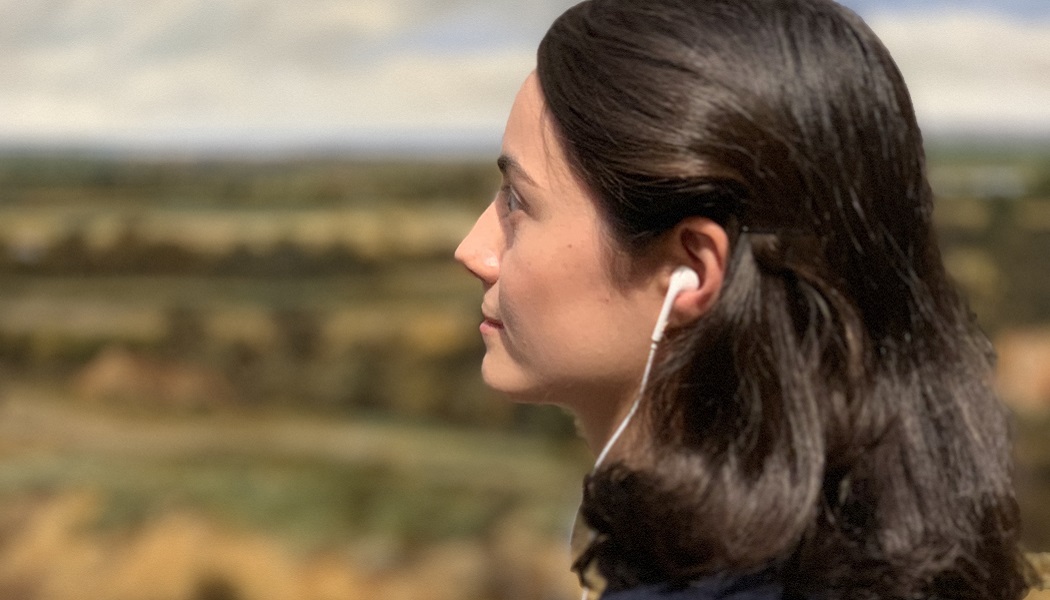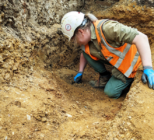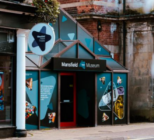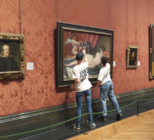The audio tour, which draws on young people’s real life experiences of mental health issues, has been created with the aims of improving the understanding of mental health among visitors to the gallery and providing an opportunity for people to engage with the National Gallery collections in an alternative way.
King’s College and McPin Foundation researchers co-created the tour with a group of young people – some of whom have been impacted by mental health issues – and members of the National Gallery’s Young Producers programme.
Project leader Dr. Helen Fisher, from the Institute of Psychiatry, Psychology & Neuroscience at King’s College, said mental health remains misunderstood in UK society and that many people affected are left isolated and unsupported. “It is wonderful,” she notes, “to work with young people on new and creative ways to encourage public conversations about mental health, so that everyone feels more comfortable asking for help and talking about how they feel.”
The tour prompts the listener to consider their views on mental health and reflect on their own wellbeing. To complement the audio experience, visitors will be invited to focus on the gallery’s architecture, figures from its Portico entrance mosaic flooring – such as Virginia Woolf and Churchill – along with paintings by Van Gogh, Cima, Crivelli and Joseph Wright of Derby.

“Talking more about our feelings is crucial for improving mental health and removing the stigma that surrounds it,” Professor Fiona Watt, executive chair of the Medical Research Council, noted. ”Half of all mental health problems are established by the age of 14, and we need to understand how the complex interplay of genetics, upbringing and environment contributes to this. By supporting the audio tour at the National Gallery, we hope to spark new conversations and highlight the importance of research in preventing and treating mental health problems.”
The tour, which has been funded by the Medical Research Council and the British Academy, is available to visit for free over the next six months. It can be accessed via a smartphone app, meaning all visitors with headphones are instantly able to take part.
Amber Goneni, one of the project’s young producers, said she has seen first-hand “how many of the myths discussed in the tour negatively affect people’s ability to seek and receive help.” Fellow young producer, Aleks Orehova, who also works as a mental health nurse, described it as crucial for organisations to “provide public space to connect and empathise with the voices of young people experiencing mental health problems.”










